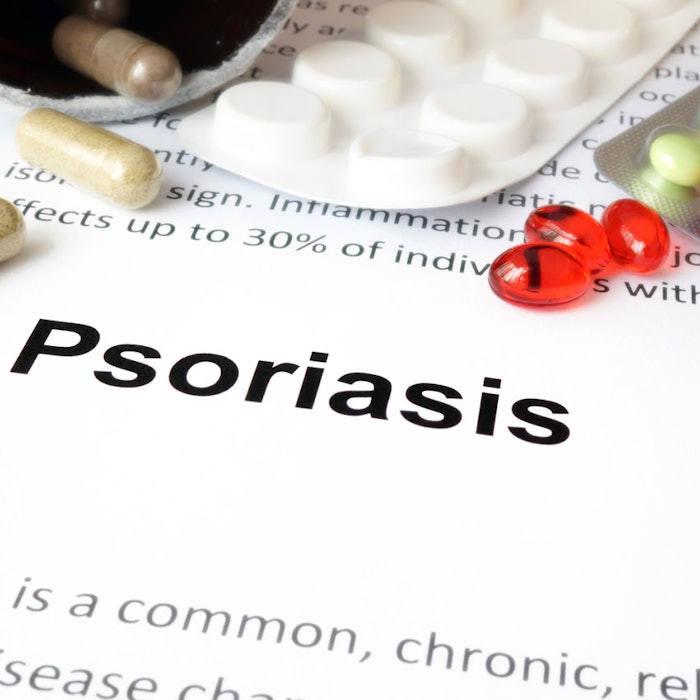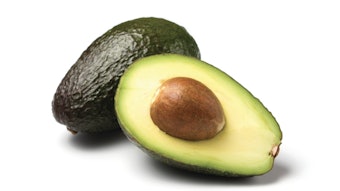
Psoriasis is a skin disease where skin cells proliferate and lead to itchy red patches and a build-up of skin scales. Current treatments help calm the symptoms, but new research could hold promise for its sufferers. Individuals with mutations in the CARD14 gene have been linked to psoriasis, and inhibition of MALT1 could help keep the immune system of those with this mutation in check.
In the journal EMBO Reports, Inna Afonina and Elien Van Nuffel under the leadership of Prof Rudi Beyaert (VIB/UGent) investigated the molecular signaling mechanism by which mutations in CARD14 lead to increased inflammation in psoriasis patients.
Mutations in the CARD14 gene increase the ability of the CARD14 protein to activate another protein (NF-KB) that controls the expression of several factors that drive skin inflammation and psoriasis. CARD14 activates the protein MALT1, cleaves and inactivates a number of cellular proteins that normally keep the immune system in check. Therefore, inhibiting the MALT1 protein in psoriasis sufferers with a CARD14 mutation could keep inflammation and skin cell proliferation at bay.
The researchers are still investigating what they hope will be a cure for psoriasis. They are looking for an industrial partner to search for compounds that can inhibit the MALT1 protein.










